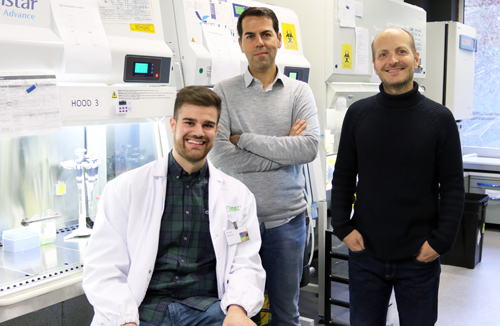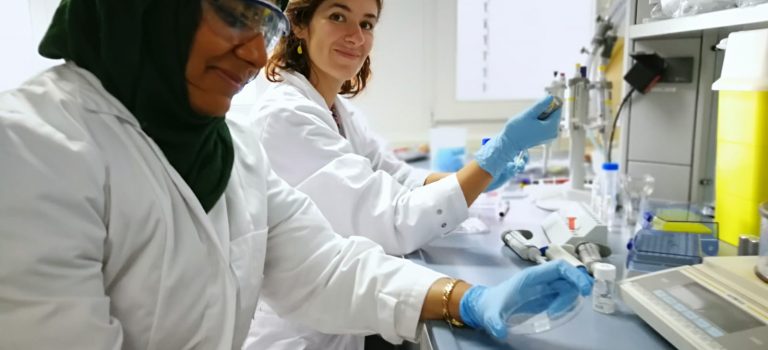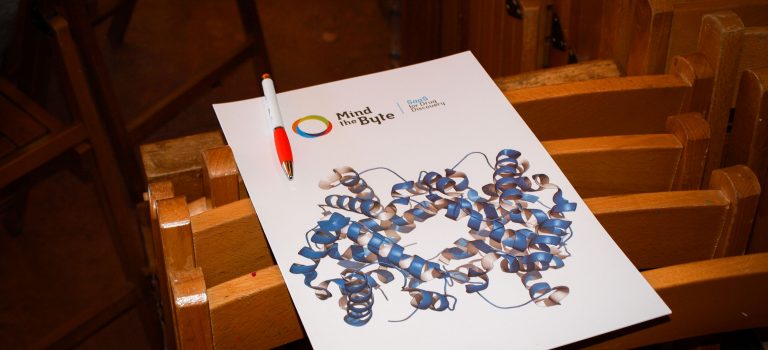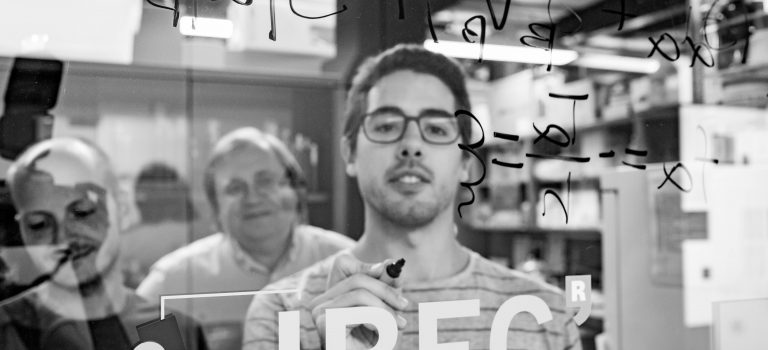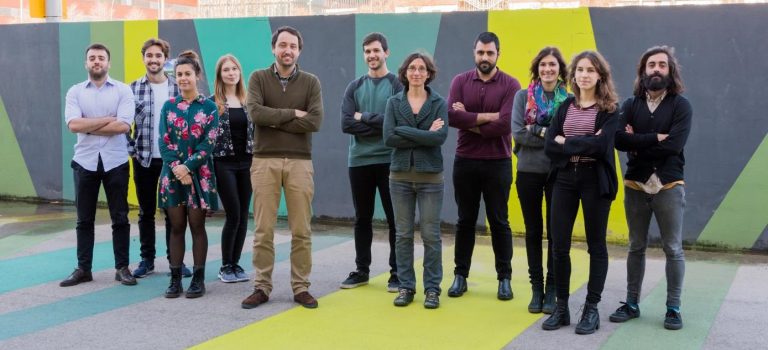A review article by Antoine A. Khalil and Johan de Rooij from UMC Utrecht have appeared in the Experimental Cell Research section of Elsevier
Collective invasion drives the spread of multicellular cancer groups, into the normal tissue surrounding several epithelial tumors. Collective invasion recapitulates various aspects of the multicellular organization and collective migration that take place during normal development and repair. Collective migration starts with the specification of leader cells in which a polarized, migratory phenotype is established.
Leader cells initiate and organize the migration of follower cells, to allow the group of cells to move as a cohesive and polarized unit. Leader-follower specification is essential for coordinated and directional collective movement. Forces exerted by cohesive cells represent key signals that dictate multicellular coordination and directionality. Physical forces originate from the contraction of the actomyosin cytoskeleton, which is linked between cells via cadherin-based cell-cell junctions.
The cadherin complex senses and transduces fluctuations in forces into biochemical signals that regulate processes like cell proliferation, motility and polarity. With cadherin junctions being maintained in most collective movements the cadherin complex is ideally positioned to integrate mechanical information into the organization of collective cell migration. Here we discuss the potential roles of cadherin mechanotransduction in the diverse aspects of leader versus follower cell specification during collective migration and neoplastic invasion.

Khalil, A.A., Experimental Cell Research, https://doi.org/10.1016/j.yexcr.2019.01.006
 The biotechnology company Iproteos, IBEC and the Vall d’Hebron Research Institute (VHIR) are set to develop an innovative treatment to slow down, stop and even reverse the growth of solid tumors, which represent more than 90% of cancer cases.
The biotechnology company Iproteos, IBEC and the Vall d’Hebron Research Institute (VHIR) are set to develop an innovative treatment to slow down, stop and even reverse the growth of solid tumors, which represent more than 90% of cancer cases. Read more on the
Read more on the  An opinion piece by IBEC group leader Xavier Trepat has appeared in the News and Views section of the current issue of Nature, which is devoted to ‘Bottom-up biology’.
An opinion piece by IBEC group leader Xavier Trepat has appeared in the News and Views section of the current issue of Nature, which is devoted to ‘Bottom-up biology’.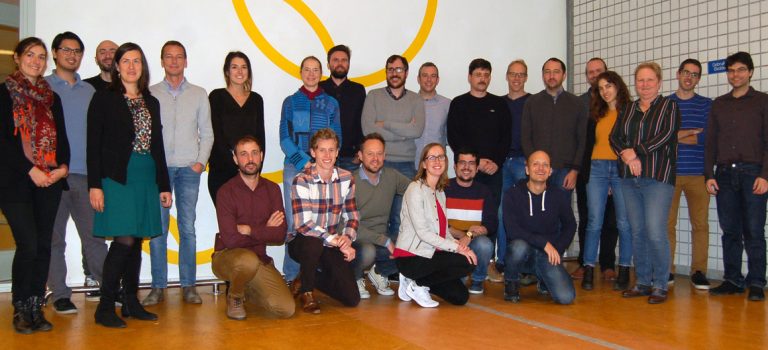
 Mechano·Control is holding its third consortium meeting today at University Medical Center Utrecht.
Mechano·Control is holding its third consortium meeting today at University Medical Center Utrecht.